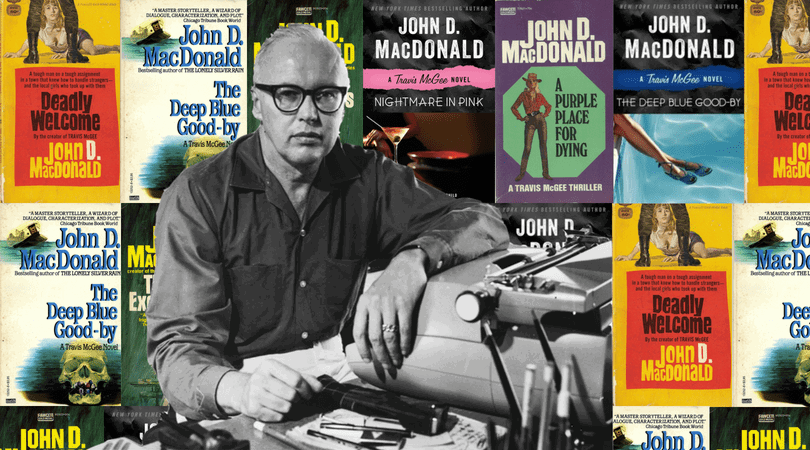Miami’s literary scene began to emerge between 1887 and 1896 with Kirk Munroe, a traveler and itinerant adventurer who, upon arriving in Florida, was captivated by its natural beauty and settled in Coconut Grove. He also founded the public library.
The next notable author on the list after Munroe is Marjory Stoneman Douglas, daughter of the then-owner of the New Herald, remembered for her books on the Everglades and her activism for nature and women’s rights. There are other names, of course, but Miami didn’t make its mark on the U.S. literary map until the late 1970s and early 1980s, with its Noir literature gaining popularity thanks to the TV series Miami Vice and the cultural clash between Anglos and Latinos.
For many, if not most, the father of the genre is Charles Willeford, with his Hoke Moseley series—a detective who breaks the mold of the strategic and meticulous private investigator, instead presenting us with a marginal character who lives in a low-budget hostel and solves his cases using unconventional and rude methods. However, this Noir had its roots several years earlier, in the 1960s, with John D. MacDonald and his twenty-one novels featuring Travis McGee, a man who lives on a fifty-two-foot boat anchored in Bahia Mar, Fort Lauderdale, The Busted Flush—Don Johnson of Miami Vice wasn’t the first to live on a boat!
Although McGee is not an investigator, he takes justice into his own hands whenever he sees something threatening another person’s integrity. Like Moseley, Travis McGee has also his own investigative methods, and as he applies them, he takes us into the most sordid places of Miami and Fort Lauderdale.
John D. MacDonald was born and raised in Pennsylvania, in an affluent family, and after finishing his studies at Harvard, he joined the military and fought in World War II. After completing his service, he moved to Florida, set aside his bourgeois habits, began writing noir fiction, and lived several years in economic hardship until he sold his first hard-boiled short story to a magazine, marking the beginning of his extensive literary career, which includes nearly eighty titles.
The novel that opens the Travis McGee saga is The Deep Blue Good-by, a sort of introduction to this antagonistic and endearing character, in which his first case involves helping a friend, a dancer in a gentlemen’s club, who has been deceived and swindled by Junior Allen. Amid a gallery of grotesque characters and a tour of much of South Florida’s coastline, McGee will gradually expose Allen, realizing he’s not just a swindler but someone far more dangerous. While MacDonald’s pages reflect an Anglo Miami from sixty or seventy years ago, difficult to imagine in today’s cosmopolitan and Latin city, his literature remains relevant, receiving praise from the most authoritative voices in the genre, like Lee Child and Stephen King.
On October 2, 2004, the city of Fort Lauderdale celebrated the “John D. MacDonald Day” was celebrated in Fort Lauderdale. Nearly three hundred people gathered at Bahia Mar, where Travis McGee anchored The Busted Flush, declaring it a literary landmark of Florida.

